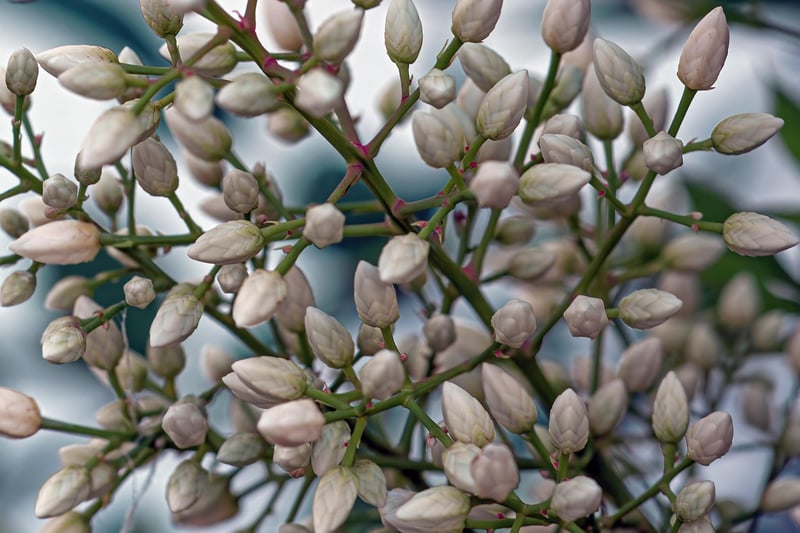Bamboo flooring
The Benefits of Bamboo Flooring as a Sustainable Building Material
When it comes to sustainable building materials, bamboo stands out as a popular choice due to its eco-friendly properties and versatility. Bamboo flooring, in particular, has gained recognition for its sustainable attributes and aesthetic appeal, making it a top choice for environmentally conscious consumers and builders.
Why Choose Bamboo Flooring?
Bamboo is a fast-growing grass that matures much quicker than traditional hardwood trees, making it a renewable resource that minimizes environmental impact. Here are some key reasons why bamboo flooring is a sustainable building material:
- Rapid Growth: Bamboo is known for its rapid growth rate, with some species reaching maturity in as little as 3-5 years compared to hardwood trees that can take decades to mature.
- Renewable Resource: Bamboo is highly renewable and can be harvested without causing damage to the plant or its surrounding environment, making it a sustainable choice for flooring material.
- Strength and Durability: Despite being lightweight, bamboo is incredibly strong and durable, making it ideal for high-traffic areas in homes and commercial buildings.
- Low Maintenance: Bamboo flooring is easy to maintain and requires minimal upkeep, making it a cost-effective and long-lasting flooring option.
- Biodegradable: At the end of its life cycle, bamboo flooring is biodegradable, reducing waste and environmental impact.
Environmental Impact of Bamboo Flooring
Choosing bamboo flooring over traditional hardwood options can significantly reduce the carbon footprint of a building project. Bamboo forests absorb carbon dioxide and release oxygen at a much higher rate than hardwood trees, making them an excellent carbon sink. Additionally, the manufacturing process for bamboo flooring produces fewer greenhouse gas emissions compared to other flooring materials.
Design Options and Aesthetic Appeal
Aside from its sustainability benefits, bamboo flooring offers a wide range of design options to suit various interior styles. From natural light tones to darker shades, bamboo flooring can enhance the aesthetic appeal of any space, providing a warm and inviting atmosphere.
Whether you prefer a modern, minimalist look or a more traditional feel, bamboo flooring can complement a variety of design preferences, making it a versatile choice for residential and commercial projects.
Conclusion
As the demand for sustainable building materials continues to rise, bamboo flooring emerges as a top contender for eco-conscious consumers and builders. With its rapid growth, renewability, durability, and aesthetic appeal, bamboo flooring offers a winning combination of sustainability and style for modern construction projects.
Make the environmentally friendly choice by considering bamboo flooring for your next building or renovation project, and enjoy the benefits of a sustainable and visually appealing flooring option.

